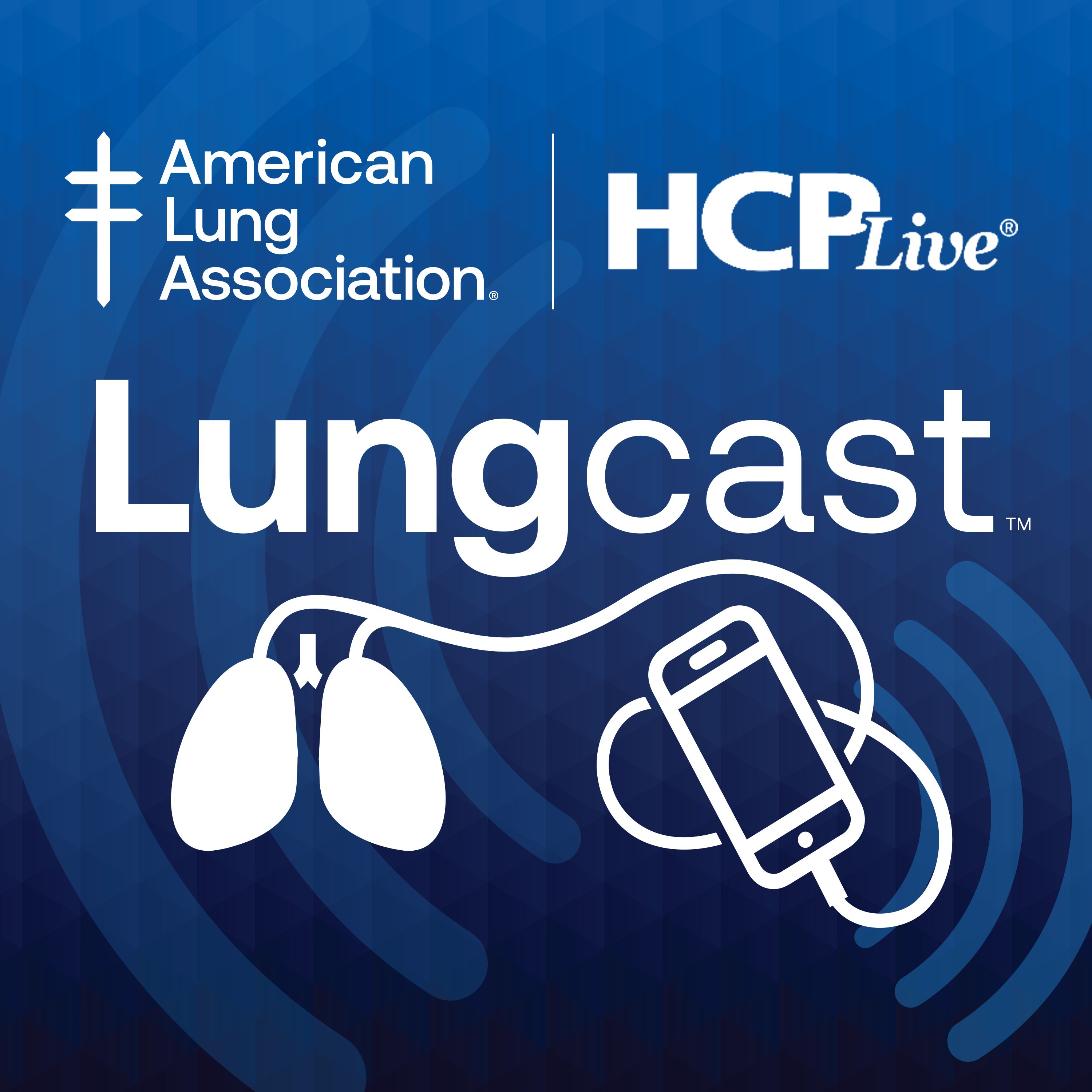Article
CBT Intervention for Insomnia Can Help Oncology Patients
Author(s):
While investigators acknowledged the need for more high-quality, large-scale trials, cognitive behavioral therapy (CBT) serves as a promising intervention for insomnia in patients with cancer.

New research indicated that cognitive behavioral therapy (CBT) is an effective management approach for insomnia experienced by patients with cancer. However, investigators acknowledged that more high-quality, large-scale trials are needed to provide long-term follow-up data.
While insomnia is pervasive in the general population (10%-20%), it’s especially prevalent among oncology patients. According to the study, 30%-60% of this population experiences insomnia, which is likely attributable to adverse events associated with cancer treatments like chemotherapy and radiotherapy.
Therefore, these patients are 2-3 times more likely to experience disordered sleep as a consequence of the discomfort that accompanies their treatment. Additionally, insomnia brings with it a higher risk of cancer-related fatigue, depression, pain, memory problems, cardiovascular and mental disorders, immune function impairment, decreased quality of life, all-cause mortality, and cancer recurrence.
Examining Insomnia Severity in Patients with Cancer
Ya Gao, Evidence-Based Medicine Center, School of Basic Medical Sciences, Lanzhou University, and investigators performed a systematic review to examine which delivery format of cognitive behavioral therapy for insomnia (CBT-I) would be most effective in this patient population.
Cognitive behavioral therapy has been shown to be effective at improving insomnia when implemented by reputable methods such as under the direction of a trained therapist, self-help automated programs, or delivered in individual, group, telephone, or computerized formats. The multimodal intervention of CBT-I integrates various cognitive and behavioral treatment elements consisting of cognitive restructuring, sleep hygiene education, stimulus control strategies, sleep restriction, and relaxation training.
The team reviewed 5 databases to gather data from randomized clinical trials that compared CBT-I with inactive or active controls for insomnia among patients with cancer. Primary outcomes included insomnia severity, sleep efficiency, sleep onset latency (SOL), wake after sleep onset (WASO), and total sleep time (TST).
Strongest Effects Observed Post Intervention
Investigators identified 16 unique trials, including 1523 patients, that met inclusion criteria. When evaluating the impact of the targeted intervention alongside the inactive control, CBT-I significantly reduced insomnia severity and increased sleep efficiency post intervention. Insomnia severity was significantly impacted when compared to the active control, with wake after sleep onset being reduced post intervention as well.
“These effects diminished in short-term follow-up and almost disappeared in long-term follow-up,” investigators reported. “Most of the results were rated as “moderate” to “low” certainty of evidence.”
However, when compared with the inactive control, the CBT-I group demonstrated an increase in sleep efficiency (10.61%), total sleep time (21.98 minutes), a reduction of sleep onset latency (14.65 minutes), as well as a reduction in wake after sleep onset (24.30 minutes) at post intervention, with sustained effects during the short-term follow up.
“CBT-I is effective for the management of insomnia in cancer patients post intervention, with diminished effects in short-term follow-up. Group CBT-I is the preferred choice based on post intervention and short-term effects,” they concluded. “The low quality of evidence and limited sample size demonstrate the need for robust evidence from high-quality, large-scale trials providing long-term follow-up data.”
The study, “Cognitive behavior therapy for insomnia in cancer patients: a systematic review and network meta-analysis” was published in the Journal of Evidence-Based Medicine.





